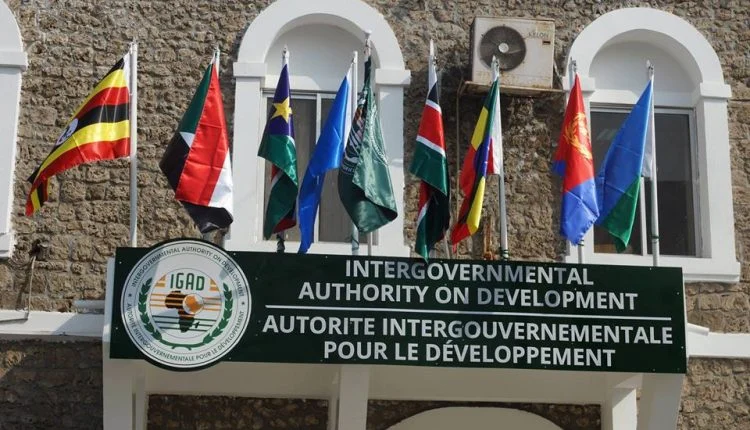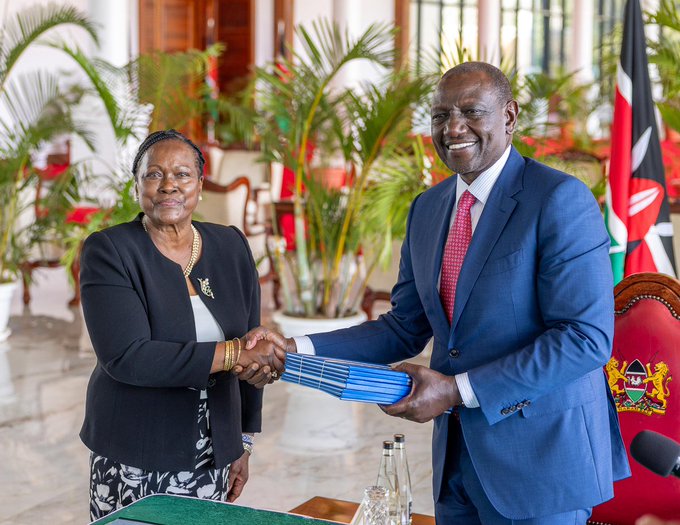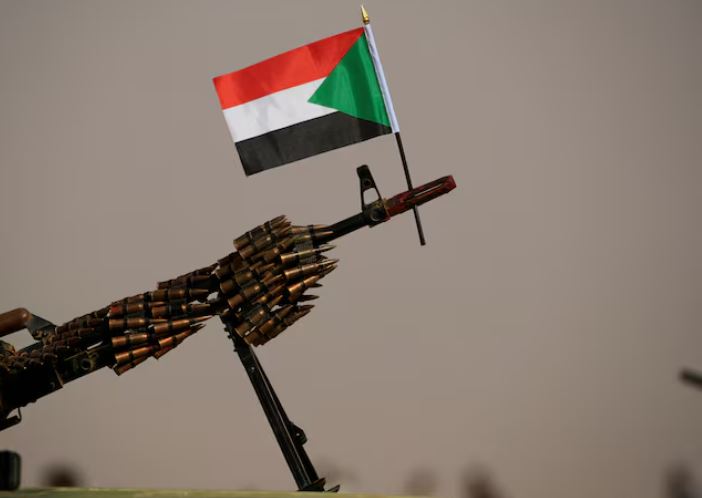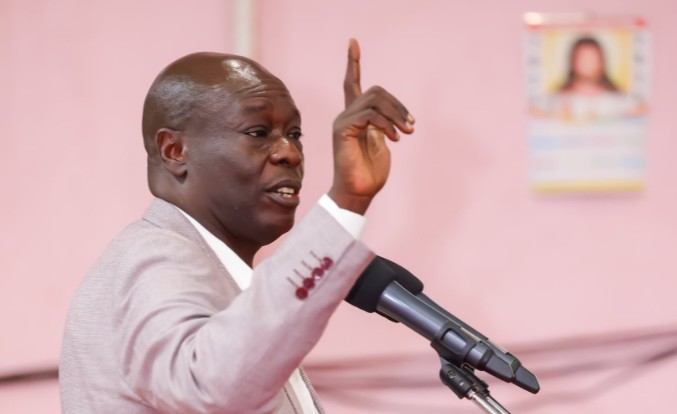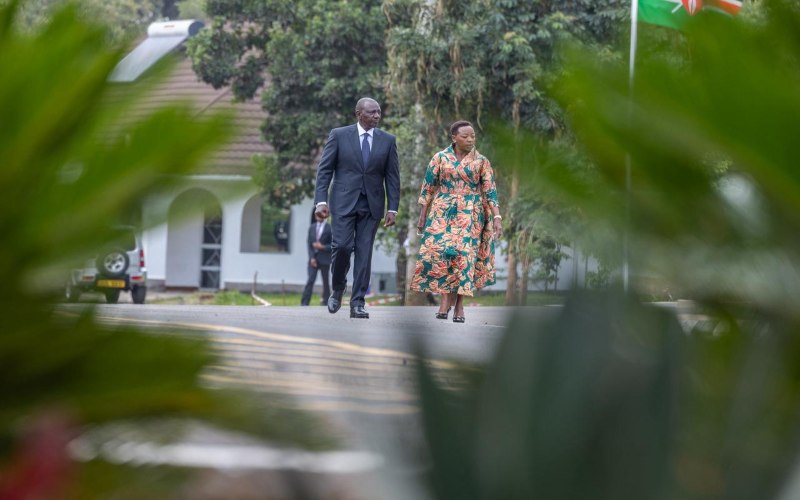Technology of freedom, risk of violence: Digital divide facing women in post-war Tigray
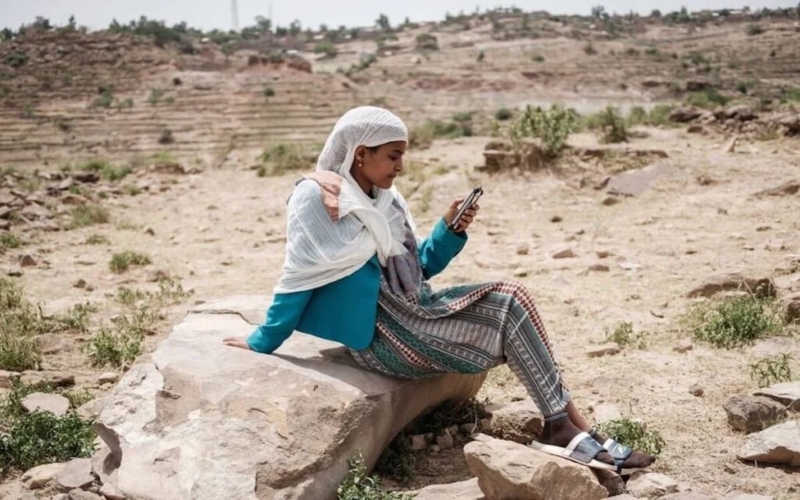
Survivors of genocidal sexual and gender-based violence face renewed victimisation online, where AI-generated propaganda fuels stigma and hate.
In Ethiopia, the digital age has transformed how we live, work, and connect - but for women in war-affected regions like Tigray, it has also deepened existing inequalities.
This article, which was written on behalf of GEM Tigray (Gender Empowerment Movement Tigray), highlights how artificial intelligence (AI) and digital technologies bring both empowerment and exclusion in the aftermath of war and in the midst of fragile peace.
More To Read
- Google raises AI stakes as OpenAI struggles to stay on top
- Peace on paper, pain in reality: Tigray’s forgotten suffering, struggle for justice
- Special forces across Africa meet in high-level Nairobi forum to counter terrorism and emerging threats
- Google launches Workspace Studio, enabling anyone to build Gemini-powered AI agents
- ChatGPT could soon tap into Apple Health data for personalised wellness insights
- Gulf region paves the way to become digital data hub
Digital opportunity, gender-based violence risk
Despite destruction and displacement, Tigrayan women are finding new ways to use technology for survival and solidarity. Social media platforms such as Facebook and WhatsApp have become lifelines - spaces where activists document atrocities, share testimonies, and mobilise support across borders.
Online education has opened doors to displaced girls and women who were previously cut off from schools. Free learning platforms like Coursera and UNESCO’s Global Education Coalition provide critical resources for self-paced learning. Meanwhile, small cooperatives of women are turning to mobile banking and messaging apps to sustain income channels when physical markets collapse.
These examples prove that digital tools, when equitably accessible, can play a role in rebuilding war-torn societies.
Yet, the darker side of digital transformation looms large. Across Ethiopia, women journalists and human rights defenders report escalating online harassment - defamation campaigns, cyberstalking, and the non-consensual sharing of images. Artificial intelligence has worsened these attacks by enabling deepfakes - digitally altered videos that falsely depict women in compromising situations.
In Tigray, these violations intersect with war trauma. Survivors of genocidal sexual and gender-based violence face renewed victimisation online, where AI-generated propaganda fuels stigma and hate. Many fear using social media altogether due to safety risks, creating a new layer of silencing in digital spaces.
AI, accountability gaps
During the war in Tigray, advanced technologies - drones, surveillance systems, and possibly AI-assisted targeting - were used in military operations. These tools raise grave questions about transparency, civilian protection, and gendered impacts.
For women and girls in Tigray, the consequences are deeply personal. Beyond displacement and loss, they face digital exclusion: destroyed infrastructure, unreliable electricity, and unaffordable connectivity have left most without access to the online world. This situation has created an “AI divide”—a growing gap between those shaping the future of technology and those excluded from it.
AI systems often reflect the biases of the data that trains them. In Tigray, this means the near-total absence of local women’s voices in datasets. As a result, global AI tools risk perpetuating stereotypes - depicting African women through narrow or sexualized imagery, while erasing Tigrayan culture and identity.
Survivors of genocidal sexual and gender-based violence face renewed victimisation online, where AI-generated propaganda fuels stigma and hate.
At the same time, the environmental cost of AI - especially energy-intensive data centres - exacerbates local scarcity of water and electricity. These burdens often fall on women, who are traditionally responsible for resource collection.
Gender-blind AI policy, need for inclusion
Ethiopia adopted a National AI Policy in 2024, but it fails to address gender discrimination, algorithmic bias, or AI-facilitated abuse. Without legal safeguards or inclusive policymaking, women remain absent from digital governance and protection frameworks.
The lack of sex- and disability-disaggregated data on digital access and violence makes policymaking guesswork. There is minimal evidence on AI use in humanitarian settings or on how women’s digital rights are violated.
On behalf of GEMTigray, a movement advocating for the social, economic, and political empowerment of Tigrayan women and girls, the authors of this article urge policymakers to adopt ethical, community-owned data collection practices to ensure accountability.
Toward gender-responsive digital futures
At the national level, gender equality must be embedded in Ethiopia’s AI and digital transformation agenda. Policies should require gender-impact assessments for all AI systems, protect users from online abuse, and expand access to affordable devices and training.
At the regional level, rebuilding Tigray’s digital infrastructure must include women’s participation - from innovation hubs to digital literacy programs. Community-based solutions, like voice-based platforms for maternal health or legal aid, can bridge gaps for women in low-connectivity areas.
At the international level, global tech companies must uphold the same safety and transparency standards in Ethiopia as they do in Western markets. Donors and UN bodies should prioritise funding for women-led digital rights initiatives and ethical AI governance.
AI has the potential to amplify or to erase women’s voices. For women and girls in Tigray, the digital realm could be a gateway to freedom - or another domain of control. The challenge is not just about technology but about power - who designs, who decides, and who benefits.
Gender equality must be at the heart of every digital and AI policy. Otherwise, the promise of innovation risks becoming another frontier of exclusion. A safer, fairer digital world depends on listening to - and empowering - the women the world has too often left behind.
Top Stories Today
